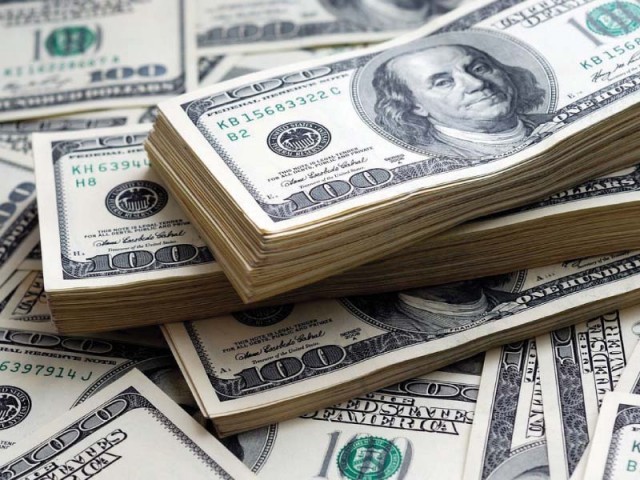China has sold $3 billion of sovereign dollar bonds, its third such sales in the last 14 years and the first one with a 30-year tranche.
The move is drawing healthy investor demand against a backdrop of global market turmoil and a trade war with the United States.
China sold $1.5 billion of five-year bonds at 3.25 per cent, $1 billion of 10-year bonds at 3.5 per cent and $500 million of 30-year bonds at 4.00 per cent, the finance ministry said on Friday.
China managed to tighten the spread with U.S. Treasuries by 20 basis points (bps) even as markets suffered a global rout on Thursday after Wall Street’s worst losses in eight months.
The bonds were priced at 30, 45 and 70 bps over U.S. Treasuries for the five-year, 10-year and 30-year bonds, respectively.
Investors put in $13.2 billion of final orders, almost half of them for the five-year tranche.
Compared to last year though, when investors put in orders more than 10 times the $2 billion on offer, demand was less robust, underscoring the market jitters.
The backdrop to this year’s bond sale is very different, with China locked in a trade war with the United States in which neither side is showing any sign of backing down.
China’s currency, the yuan, is also down about 10 per cent since the first salvos were fired in the trade war in March.
“For any other normal corporate borrower the decision might have been to stand on the sidelines and wait for the market to stabilize a bit, but China is a little bit of a different animal,” said a banker who worked on the deal.
“I don’t think people had concerns about China specifically, but it’s just a broader macro noise,” the person said.
Strong demand from onshore banks helped anchor the deal, especially the shorter tranches, while the 30-year bond attracted more international interest.
Spreads between the Chinese 10-year benchmark and U.S. 10-year Treasuries stood at 44 bps on Friday.
Banks took almost half of the 2023 and 2028 bonds while fund managers took 65 per cent of the 2048 bond.
The 30-year bond proved the most popular with U.S. investors, who accounted for 6 per cent, while European and Asian investors accounted for 35 per cent and 59 per cent, respectively.
China hired 12 banks including Bank of China, China Construction Bank, Deutsche Bank, Goldman Sachs, HSBC and J.P. Morgan for the deal.




